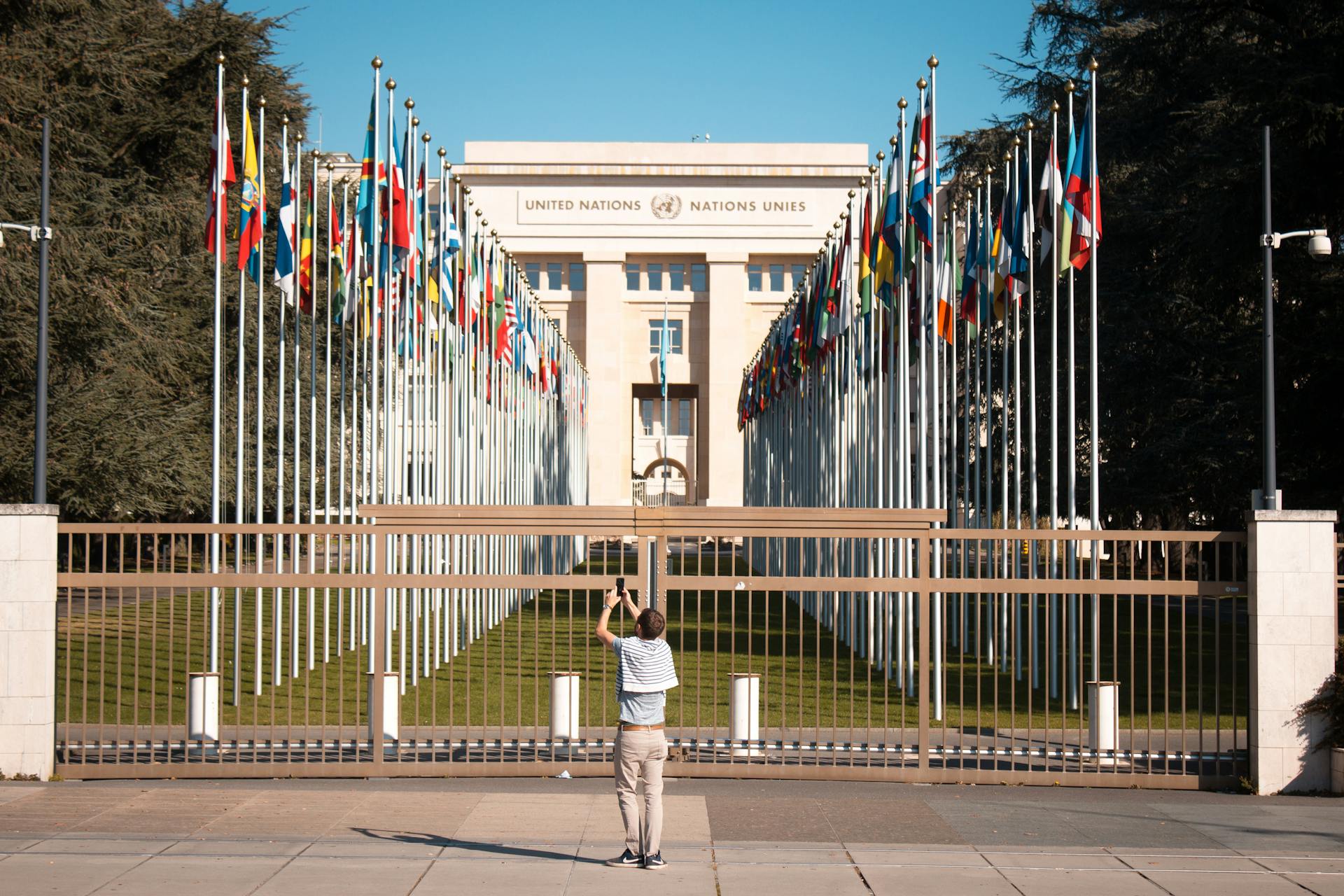A career in diplomacy is both prestigious and demanding. Diplomats are the official representatives of their countries, tasked with fostering international relations, negotiating treaties, protecting national interests abroad, and promoting peace and cooperation.

Becoming a successful diplomat requires more than academic qualifications—it demands a unique blend of interpersonal skills, cultural intelligence, strategic thinking, and unwavering dedication to public service.
Educational Foundation: Building the Right Background
The journey to becoming a diplomat often begins with a solid academic foundation. Degrees in international relations, political science, law, public policy, or economics are commonly pursued. Many successful diplomats also acquire advanced degrees in specialized areas such as international law, security studies, or diplomacy. Strong communication skills, foreign language proficiency, and familiarity with global issues are essential during the educational phase.
Essential Skills for Diplomatic Success
Successful diplomats must master a diverse set of skills. These include:
- Communication: Clear, persuasive writing and public speaking are vital for negotiating and representing national interests.
- Cultural Sensitivity: Understanding and respecting cultural differences allows diplomats to build trust and rapport with foreign counterparts.
- Analytical Thinking: Diplomats must assess complex international situations, predict outcomes, and advise policymakers.
- Crisis Management: In times of conflict or emergency, diplomats must act swiftly and strategically to protect their citizens and national reputation.
Gaining Experience and Advancing Through Ranks
Entry into diplomatic service often requires passing competitive civil service exams or foreign service tests, depending on the country. Once accepted, candidates typically start in junior roles and progress through various postings at embassies and consulates. Field experience in multiple countries, particularly in politically or economically significant regions, is critical for career growth.
Maintaining Professional Integrity and Adaptability
Diplomats operate under high ethical standards. A successful diplomat is expected to remain impartial, respectful, and discreet, especially when dealing with sensitive issues. Additionally, they must adapt quickly to new environments and evolving geopolitical landscapes. Flexibility and resilience are essential traits in a profession that often involves relocation and long periods away from home.
Conclusion: Representing Your Nation with Purpose
Becoming a successful diplomat is not simply about prestige; it is about service, negotiation, and global engagement. Those who pursue this path must be prepared for lifelong learning, continuous adaptation, and the responsibility of representing their country on the world stage. With the right preparation and mindset, aspiring diplomats can make meaningful contributions to international peace, development, and cooperation.

